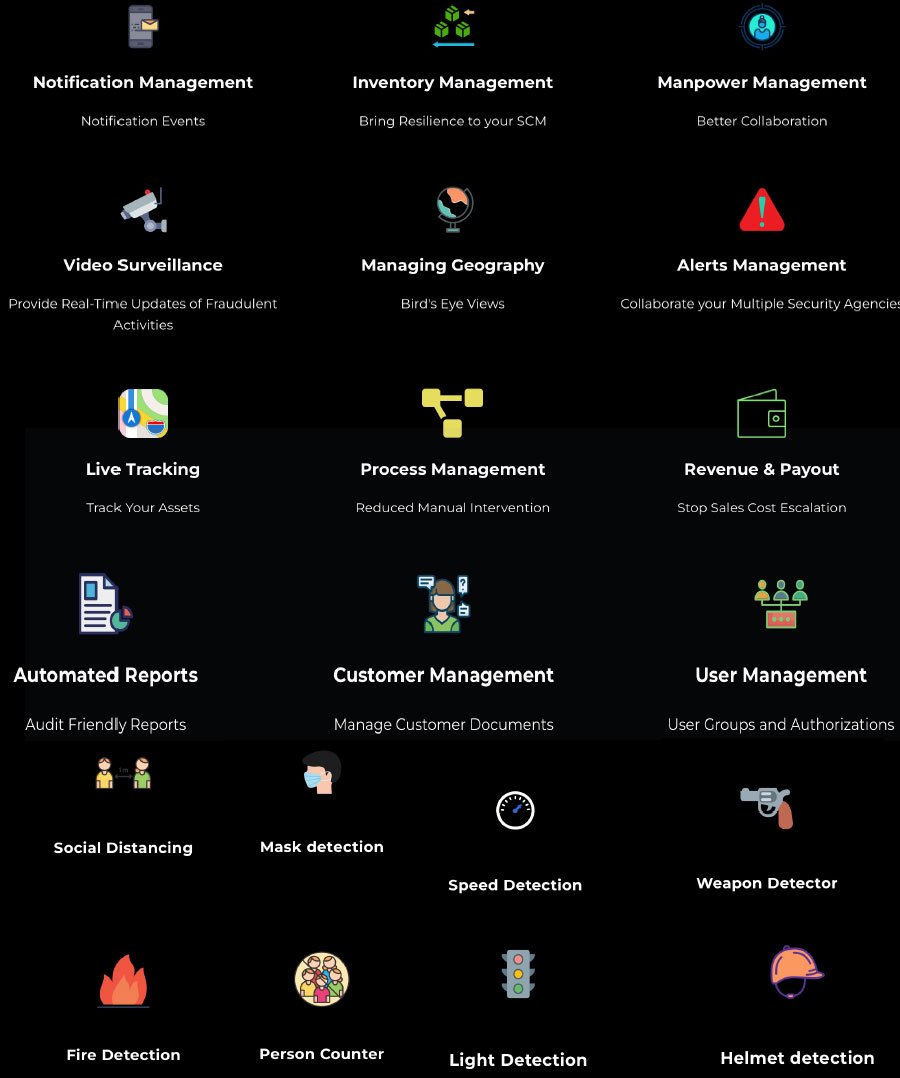Smart home technology has its applications in household appliances, home safety & security, lighting, and entertainment. Key industries have started integrating artificial intelligence with smart devices to enable connectivity among these devices.
AI encompasses the ability to connect multiple IoT devices, coupled with superior processing and learning abilities, and use them to pre-empt human behavior. AI-powered smart home devices can interact with each other and acquire new data that assists in learning human habits. Data collected is used to predict the behavior of users and develop situational awareness, i.e., understand user preferences and change parameters accordingly.
The Rise of Digital Assistants: Alexa, Siri, Google Assistant, and Bixby
Apart from its application in home security systems, artificial intelligence is utilized to control smart devices with the voice control feature of AI-enabled units, such as Alexa, Siri, and Google Assistant. Advanced home security systems can also be controlled through voice commands. Researchers are focused on bringing in innovation in the field of voice recognition technology that will further add value to voice control devices. Latest advancements in home automation systems can enable owners to gain access to hands-free channel surfing and control Bluetooth speakers. The emergence of the voice assistant feature also raises security concerns, as some researchers have managed to hack smart devices through inaudible.
Artificial Intelligence (AI) to Proactively Analyze Potential Home Security Issues
The increasing need to improve home security has propelled the implementation of AI-powered devices. These devices encompass a variety of features, including threat analysis, facial recognition, and smart home integration, which, in turn, safeguards homeowners from security threats.
AI-powered machines can easily recognize objects or faces owing to the pattern/face recognition feature. Face recognition can easily check facial landmarks, such as cheekbones, eyes, chin, etc., and compare them with the existing data. Furthermore, these machines can send notifications to the home owner’s smartphone regarding visitors at the front door. Most advanced home security cameras can identify the faces of family members, friends, and pets.
AI is also used in smart locks, which can be controlled through smartphones. AI-enabled smart locks offer numerous security benefits, such as limited reliance on physical keys for access, temporary access to guests, and regular video streams of individuals ringing the doorbell. Biometric door locks such as Kwikset, August, and Samsung can be integrated into Google, Samsung, and Amazon’s smart home ecosystem.
Smoke Alarms to Think, Speak, and Alert the User with the Help of Artificial Intelligence
Sophisticated smoke alarms that can think and alert the user with the help of artificial intelligence are currently available in the market. Some of the smart features of smoke alarms include providing notification on phones regarding low battery and issuing alerts in case of smoke or carbon monoxide leaks, and pinpointing the location where there has been a fire or smoke outbreak. These alarms can also be put on silent mode. Smoke detectors use the voice alert feature to notify the first sign of smoke, which facilitates improved response during emergencies.
Artificial Intelligence (AI) Technology to Assist in Daily Household Activities
Artificial intelligence is powerful. It mimics the knowledge and learning abilities of humans, all on a technological basis. Recent developments in smart home automation systems have led to improvements in artificial intelligence in terms of communicating with the cloud, learning human behavioral patterns, and automating smart home devices according to user preferences.

